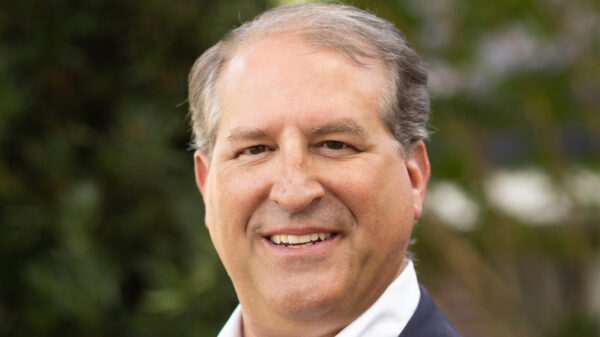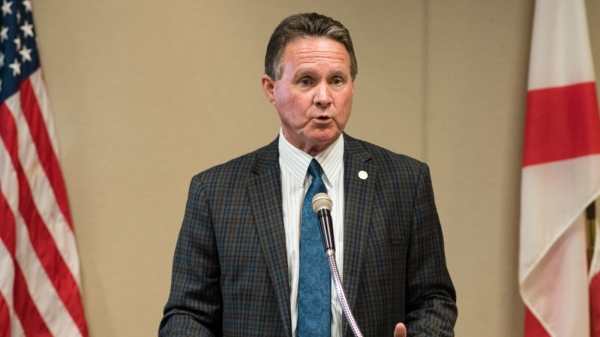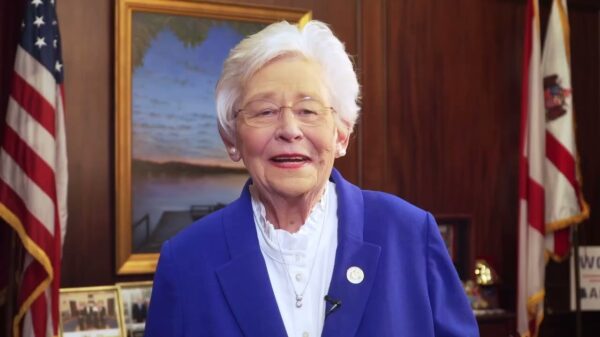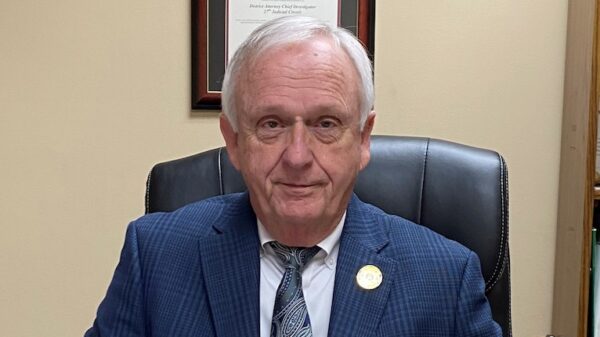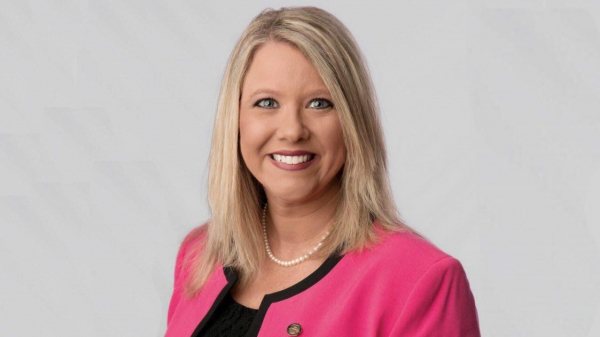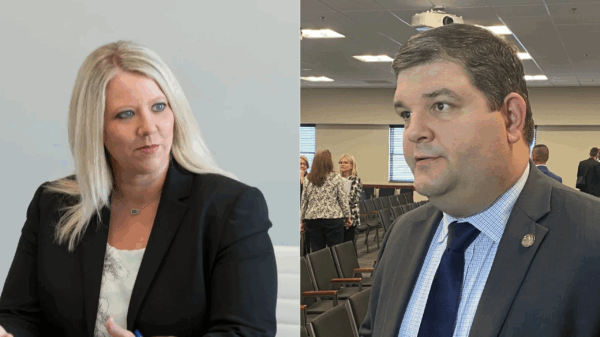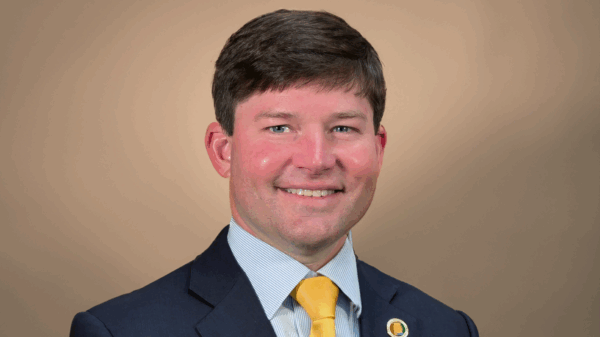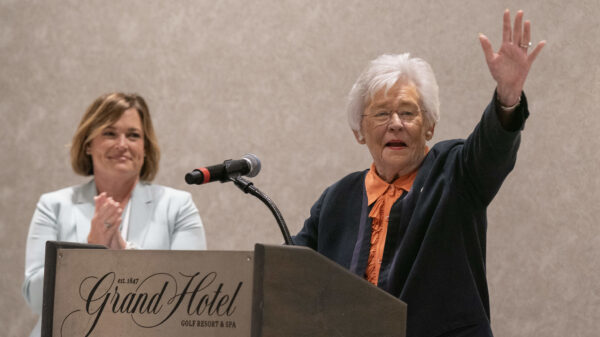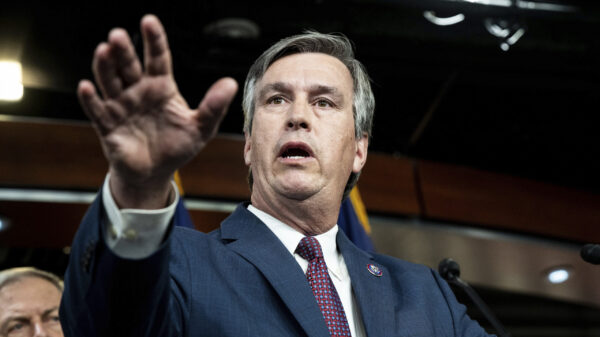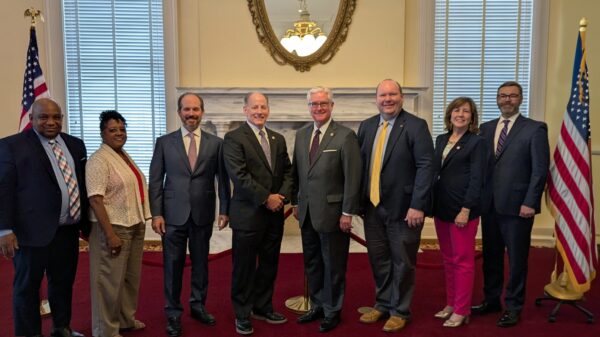By Bill Britt
Alabama Political Reporter
New legislation in the Alabama House of Representatives would alter the definition of lobbyist and lobbying in such a way as to open the floodgates for public officials to use their office for personal gain under the guise of economic development.
Behind HB317 is Republican Commerce Secretary Greg Canfield, who most recently appeared as a witness before a Montgomery County special grand jury investigating potential public corruption in an economic development deal during former Gov. Robert Bentley’s administration.
Sponsored in the House by Rep. Ken Johnson, R-Moulton, HB317 would allow legislators or other public officials to use their influence to promote the awarding of economic development incentives, “by grant or contract or otherwise.”
The bill states, “Notwithstanding any other provision of law, including, but not limited to, Chapter 25 of Title 36, the terms ‘lobby’ and ‘lobbying’ do not include promoting, or in any manner influencing or attempting to influence, the award, approval, or action related to any of the incentives listed in subdivision (2) or any other economic development incentive by any state or local government, agency, department, body, or other entity, regardless of whether the award, approval, or action is by grant or contract or otherwise.”
Johnson’s legislation opens the door for lawmakers and other public officeholders to lobby state government for a fee as long as it is an economic development project.
The current ethics statute defines lobbying in Section 36-25-1.1 as, “promoting or attempting to influence the awarding of a grant or contract with any department or agency of the executive, legislative, or judicial branch of state government.” It further states, “No member of the Legislature, for a fee, reward, or other compensation, in addition to that received in his or her official capacity, shall represent any person, firm, corporation, or other business entity before an executive department or agency.”
During former Speaker Mike Hubbard’s public corruption trial, he argued that state ethics laws permitted him — as a citizen lawmaker — to be paid to represent businesses who wanted state assistance in economic development projects.
While Speaker Hubbard was paid $10,000 a month by New York businessman Robert Abrams to lobby the state on his companies’ behalf, this included working with Bentley and Canfield to award incentives to Abram’s business interests contrary to state law under Section 36-25-1.1.
Hubbard was convicted on two felony counts of using his office for personal gain for his economic development work with Abrams’ companies.
Section 36-25-1.1 was a signature item for Republicans when they championed ethics reform in 2010. However, if HB317, as envisioned by Canfield, is signed into law by Gov. Kay Ivey, this centerpiece of Republican ethics reform is forever relegated to a footnote in Hubbard’s public corruption trial.
Several bills being considered during the 2018 legislative session seek to change, remove or redefine the ethics laws passed by Republicans in 2010.
Before the 2018 legislative session, Ivey, along with House Speaker Mac McCutcheon and Senate President Pro Tempore Del Marsh, said they wanted a controversy-free session. Despite their public wishes, bills like HB317 keep appearing to undermine laws they supported just a short seven years ago.
When Ivey took office, she promised to the right the ship of state.
One of her first acts was to rid her administration of cabinet members and advisors who, during Bentley’s tenure, had served as loose cannons using the power of their office for personal benefit. However, Canfield was not among those purged from her ranks despite his backroom dealings with Hubbard. Now, once again, the state finds itself in the crosshairs of a public corruption inquiry with Canfield a central figure in the probe.
Insiders say Canfield isn’t the least bit worried about his grand jury appearances and thus far, Ivey shows no signs of admonishing him, even though it will be used against her in the upcoming campaign for governor.
Administration observers think if HB317 passes, it will not only weaken current ethics laws but will also prove that Republican lawmakers have come to embrace Hubbard’s lament, “Those ethics laws, what were we thinking?”

